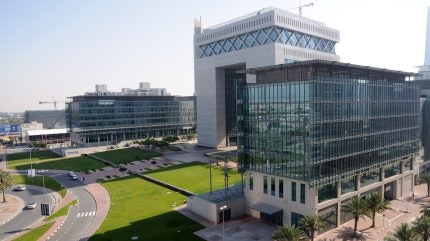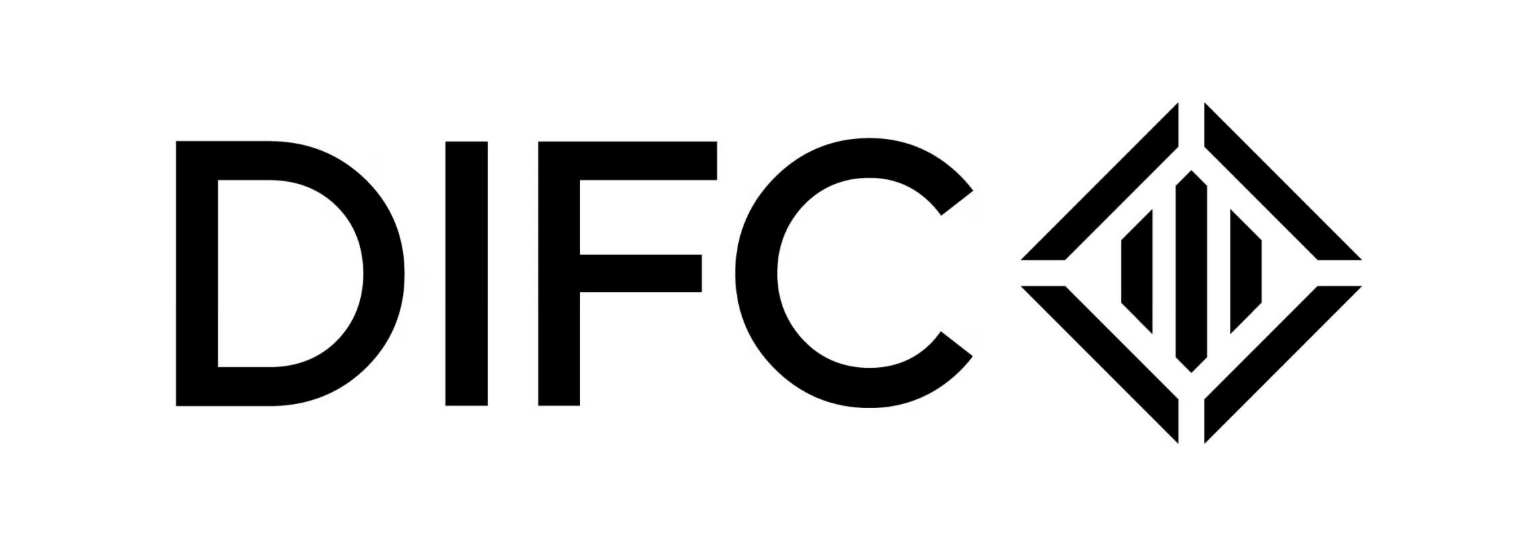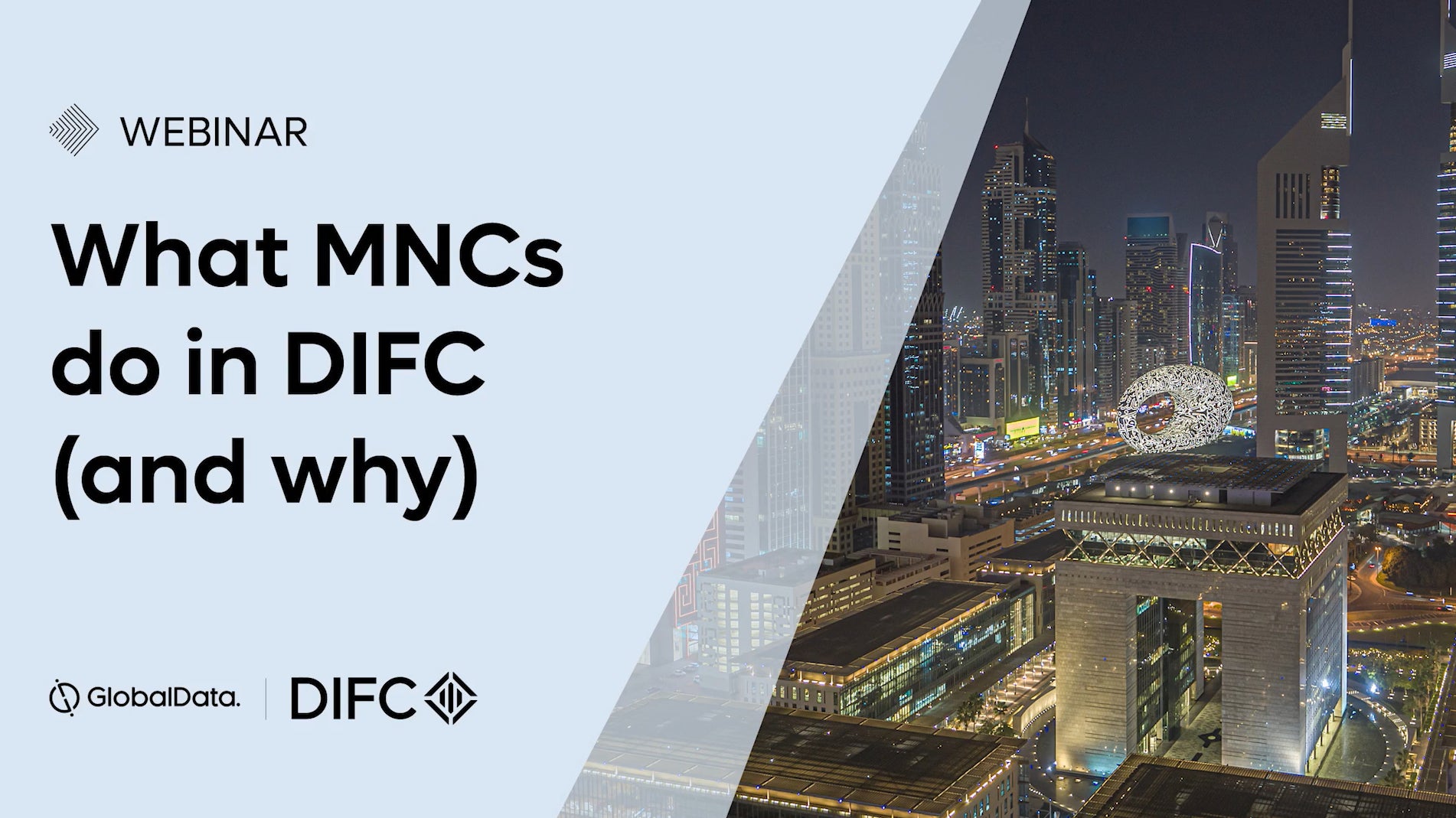
Dubai International Financial Centre (DIFC) celebrated its 21st anniversary with record-breaking results, cementing its position as the leading global financial hub for the Middle East, Africa and South Asia. From January to June 2025, DIFC recorded its strongest-ever first-half performance: 1,081 new companies were registered, representing a 32% increase over the same period last year. This growth has brought the total number of active companies in the DIFC to 7,700, marking a 25% year-on-year rise. Now with a workforce of more than 47,000 professionals, the Centre has become the region’s most diverse pool of industry talent, connecting fast-growing markets to economies in Asia, Europe and the Americas.
A recent webinar hosted by GlobalData brought together leading voices from finance, pharmaceuticals, and DIFC to explore why so many multinationals have chosen DIFC as their home in the Middle East, Africa and South Asia region.
Insights from the panel
The discussion opened with reflections on the UAE’s transformation as a whole in recent years. Once primarily attractive for ease of doing business, connectivity, and low costs, the country has evolved into a jurisdiction valued for its safety, quality of life, and robust compliance standards.
This blend of credibility and innovation has been pivotal to DIFC’s success, and the Centre has expanded far beyond its origins as a financial free zone. Today, it is home to an ecosystem that includes multinationals, family offices, fintech start-ups, insurers, and asset managers. In fact, 23 of the world’s largest 25 banks operate in the region, alongside leading insurers, wealth managers, and hedge funds. Non-financial corporations have also found a base in DIFC after recognising the value of its infrastructure, talent pool, and regional reach.
One such enterprise is Boehringer Ingelheim, one of the world’s largest research-driven pharmaceutical companies, and DIFC provides the ideal base for its regional headquarters. From Dubai, the firm oversees operations across 70 countries and 45 nationalities. According to Khaled Al-Dabbagh, head of Public and Government Affairs, UAE, at Boehringer Ingelheim: “The environment that the UAE is offering fosters a secure and innovation-driven business climate, and this is a dream come true for any investor or any business.”
Of course, no conversation about business today can ignore taxation. While corporate tax is new to the UAE, exemptions and incentives remain extensive, particularly for industries such as wealth management, fund services, and family offices. A young, educated man knows the rules of the new corporate tax regime in the UAE, “but a wise old man knows the exceptions,” joked Sheetal Sony, partner at MICS Capital Services, citing Charlie Munger. He noted that structures such as foundations, holding companies, and fund vehicles in DIFC “are tax efficient, succession efficient, and compliance efficient,” making them attractive to global investors.
A continued trajectory of growth
A standout takeaway from the webinar is the scale of transformation. From hosting some of the world’s leading banks and advisory firms to nurturing start-ups in its Innovation Hub, DIFC has created a space where global capital and talent converge. According to Salman Jaffery, chief business development officer at DIFC Authority: “We try to create the environment where the ecosystem, including financial services, non-financial services and technical services, come together in a way that creates value. Ultimately, it’s very competitive globally, and if Dubai is to achieve its D33 ambition of becoming a top four global financial centre, we have to continue to elevate how we treat our clients.”
One example of the region’s transformation is the generational shift in wealth management. Where once sovereign capital dominated, private family wealth is now pouring into Dubai. Jaffery pointed out that “preserving, managing and transferring wealth is now a global enterprise, primarily because of the need to diversify.” He added that third-generation members of regional families are increasingly driving innovation, launching start-ups, or funding ventures in DIFC’s Innovation Hub.
Overall, the panel emphasises that DIFC is more than a financial centre: it is a business hub, a lifestyle destination, and a crucial part of Dubai’s ambition to be counted among the world’s top four financial centres.
To watch the full discussion, the on-demand recording offers an in-depth look at the opportunities and challenges facing multinationals in the region, told by the experts. Fill in your details on this page to learn more.



